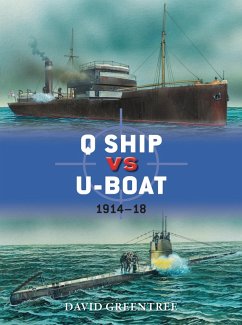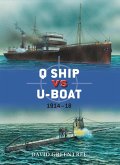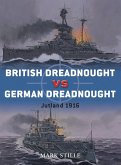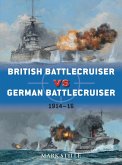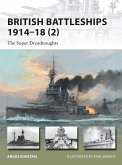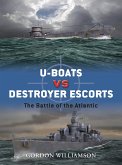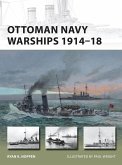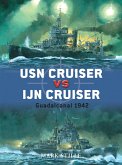Q ships came in all shapes and sizes - coastal steamer, trawler, barque, yacht or schooner - but all had to look harmless in order to lure their opponents to the surface and encourage them to attack. Armaments differed according to ship size; steamers commonly had 4in guns mounted amidships and in the bow, trawlers 3-pdrs and sailing ships 12-pdrs. Those who served on Q ships had to accept that their U-boat opponents would be able to strike first. Q ship captains kept ready a 'panic crew', which was trained to act out an elaborate evacuation to convince the U-boat commander that the ship was being abandoned by its crew. The Q ship captain would remain behind with a handful of other crewmen manning the guns, which remained hidden until the most opportune time to unmask and engage the U-boat. The Q ship concept had emerged early in the war when no other method seemed likely to counter the U-boat threat, and flourished until new technologies and tactics were developed, tested and implemented.

